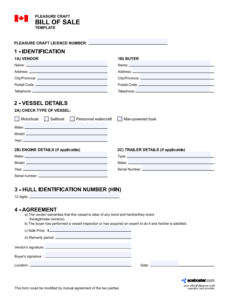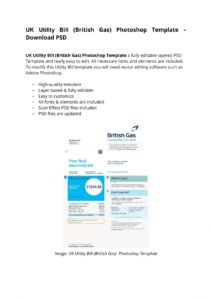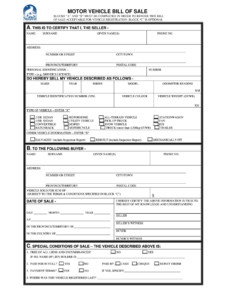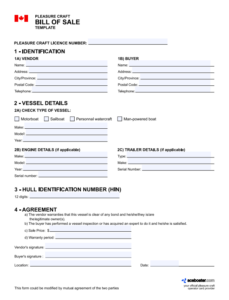Buying or selling a vehicle can be an exciting time, whether you are upgrading your ride or passing on a beloved car to a new owner. While the focus is often on finding the right vehicle or buyer, there is one crucial document that often gets overlooked in its importance: the bill of sale. It might seem like a simple piece of paper, but in British Columbia, it is much more than just a receipt; it is a vital legal record that protects both parties involved in the transaction.
Navigating the paperwork side of a private vehicle sale or purchase in BC doesn’t have to be complicated. A well-prepared bill of sale ensures a smooth transfer of ownership and provides peace of mind long after the keys have changed hands. It serves as your official record of the transaction, detailing all the important aspects of the sale, from the vehicle specifics to the agreed-upon price.
Why You Absolutely Need a Bill of Sale in BC
When you are involved in buying or selling a vehicle in British Columbia, a bill of sale is not just a nice-to-have; it is an essential legal document that safeguards everyone involved. Think of it as your official record, proving that a transaction occurred and outlining the terms of that agreement. Without it, you could face unexpected headaches and disputes down the line, ranging from liability issues to difficulties with vehicle registration. It acts as a shield, protecting both the buyer and the seller from potential misunderstandings or legal challenges.
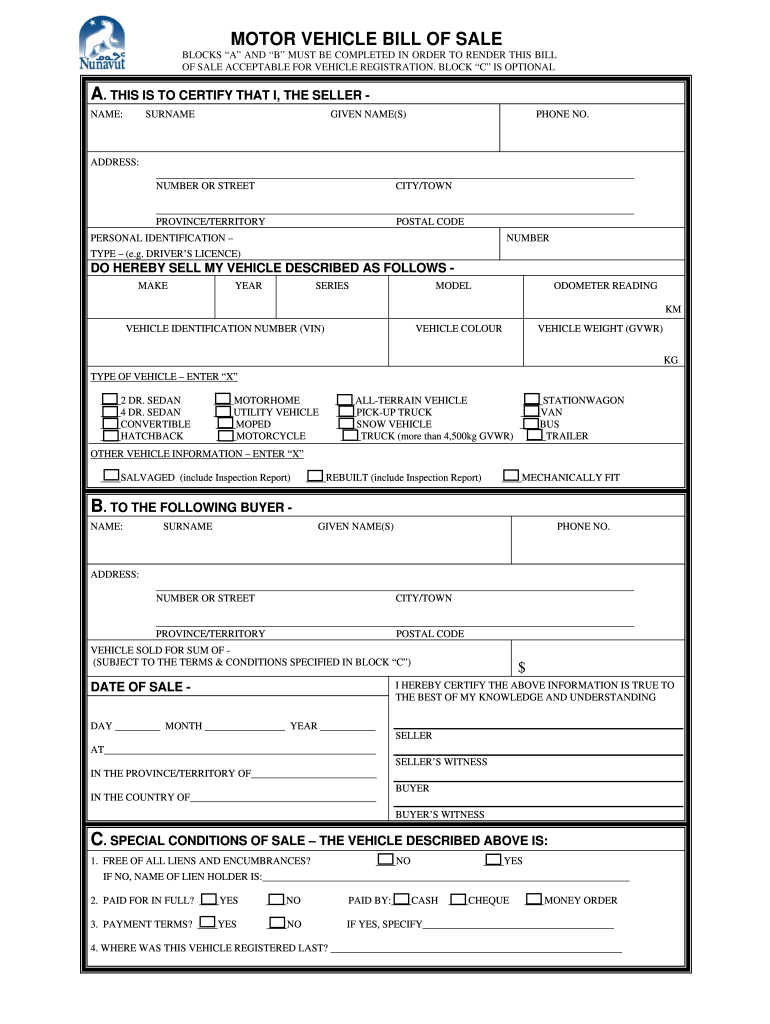
A properly executed bill of sale clearly establishes the transfer of ownership, which is crucial for various administrative and legal reasons. It removes ambiguity about who owns the vehicle at a specific point in time and confirms the agreed-upon sale price. This clarity is not just for your personal records but is often required by provincial authorities like ICBC when you go to register the vehicle or transfer the title. It forms the backbone of a transparent and legally sound vehicle transaction.
For the Seller’s Protection
As a seller, once you hand over the keys and receive payment, you want to be sure that your responsibility for the vehicle ends. A bill of sale is your undeniable proof that the vehicle has been sold and is no longer yours. This is incredibly important for avoiding liability for anything that might happen after the sale, such as traffic violations, parking tickets, or even accidents. Without this document, there could be an argument about when ownership transferred, potentially leaving you on the hook for someone else’s actions. It clearly marks the date and time of the sale, formally separating you from the vehicle’s future use.
For the Buyer’s Protection
For the buyer, the bill of sale is equally, if not more, vital. It serves as irrefutable proof of your ownership. When you head to ICBC to register the vehicle in your name, they will require this document as evidence of your purchase. It confirms the vehicle’s details, the purchase price, and the seller’s information, all of which are necessary for official registration and taxation purposes. Moreover, should any dispute arise after the sale regarding the vehicle’s condition or the transaction terms, the bill of sale provides a concrete record of the agreement, giving you a strong legal standing.
Crafting Your Vehicle Bill of Sale BC Template: Essential Elements
Creating an effective vehicle bill of sale in British Columbia isn’t about using fancy legal jargon; it is about including all the pertinent information clearly and accurately. A well-structured vehicle bill of sale bc template ensures that no crucial detail is overlooked, minimizing the chances of future disputes or complications during the registration process. It acts as a comprehensive checklist, guiding both parties through the necessary information exchange to complete a legitimate sale. Each element plays a role in solidifying the transaction’s legal standing and protecting the interests of both the buyer and the seller.
Thinking about what information needs to be on this document can sometimes feel daunting, but it boils down to identifying the buyer, the seller, and the item being sold, along with the terms of the sale. Accuracy is key here; even a small error in a VIN or an address could lead to delays or problems later on. Taking the time to fill out each section carefully will save you a lot of potential headaches and ensure a smooth transfer of ownership. It is an investment in peace of mind for everyone involved.
Here are the critical components you should include in your vehicle bill of sale BC template:
- Date of Sale: The exact date the transaction takes place. This is crucial for determining liability and ownership transfer.
- Buyer Information: Full legal name, current address, and contact number of the person purchasing the vehicle.
- Seller Information: Full legal name, current address, and contact number of the person selling the vehicle.
- Vehicle Details: Comprehensive information about the vehicle, including:
- Year, Make, Model
- Vehicle Identification Number (VIN) – This is absolutely critical and must be accurate.
- Odometer reading at the time of sale
- License plate number (if applicable at time of sale)
- Body type (e.g., sedan, SUV, truck)
- Colour
- Purchase Price: The agreed-upon sale price in Canadian dollars, clearly stated in both numbers and words.
- Payment Method: How the payment was made (e.g., cash, bank draft, e-transfer).
- "As Is" Clause (if applicable): If the vehicle is being sold "as is, where is," meaning without any warranties or guarantees regarding its condition, this should be explicitly stated. This protects the seller from claims about the vehicle’s condition after the sale.
- Signatures: Signatures of both the buyer and the seller.
- Witness Signatures (Optional but Recommended): Having a third party witness the signing can add an extra layer of security and verification.
Once you have gathered all this information and accurately populated your vehicle bill of sale bc template, make sure both parties review it thoroughly for correctness. It is highly recommended to create at least two copies: one for the buyer and one for the seller, ensuring both parties have an original signed document for their records. This simple step can prevent a lot of future frustration and ensures that the vehicle transfer is legally sound and hassle-free, protecting everyone involved in the transaction.
